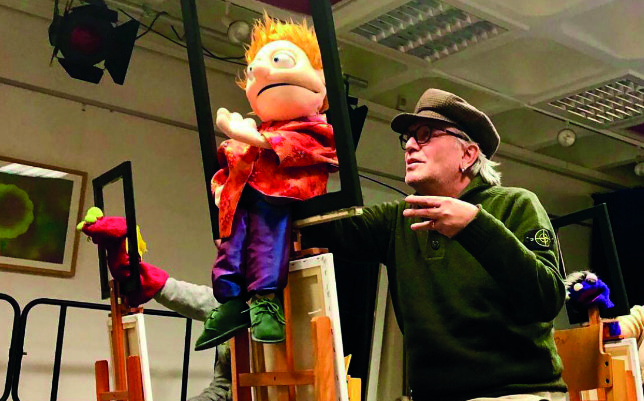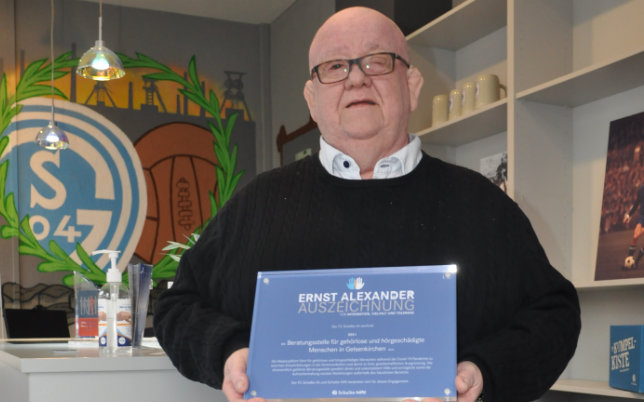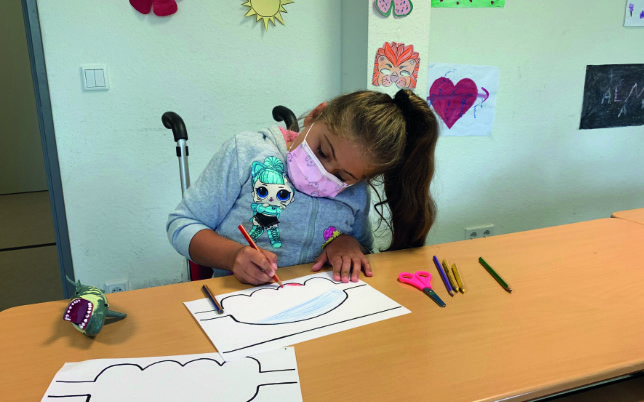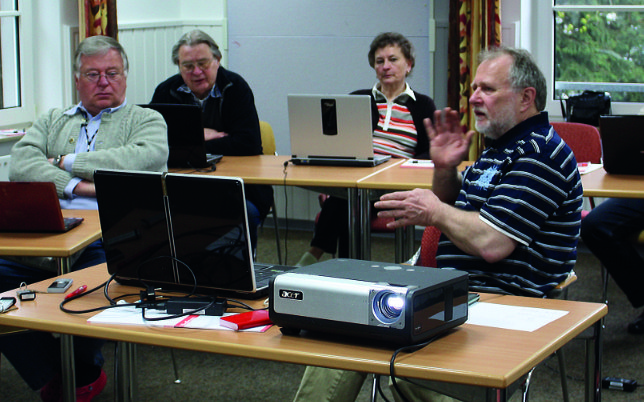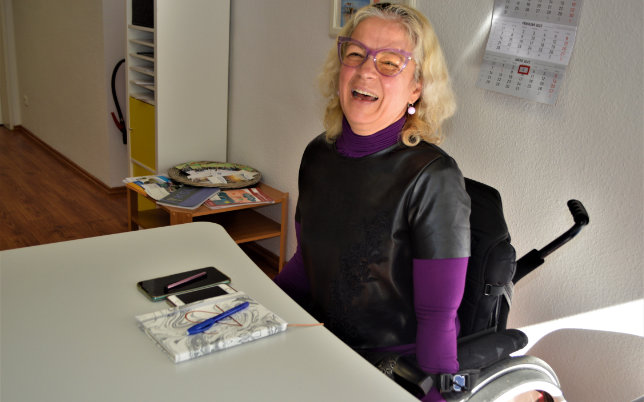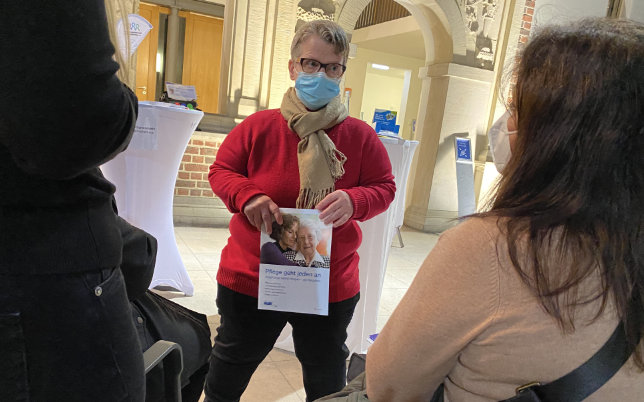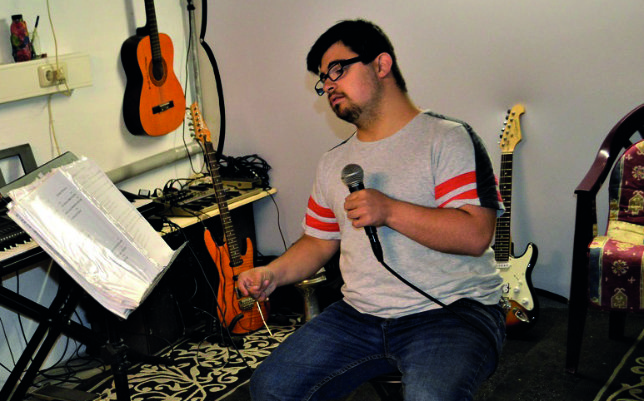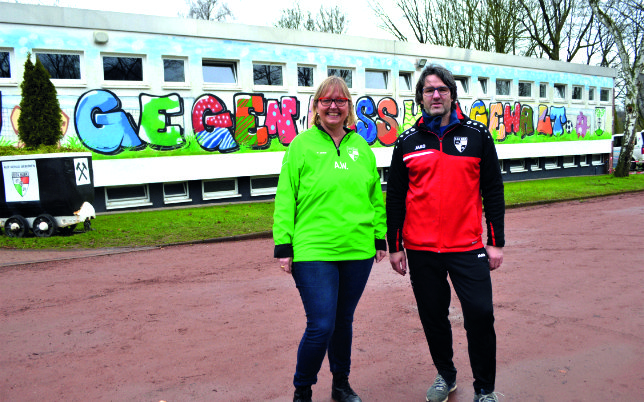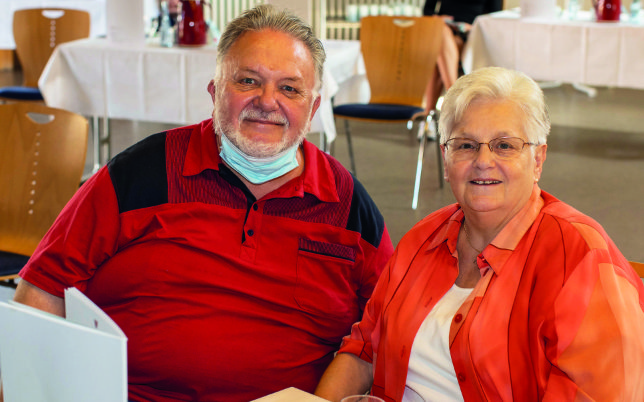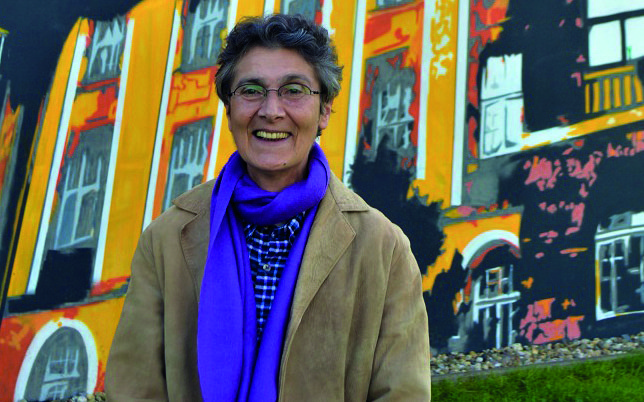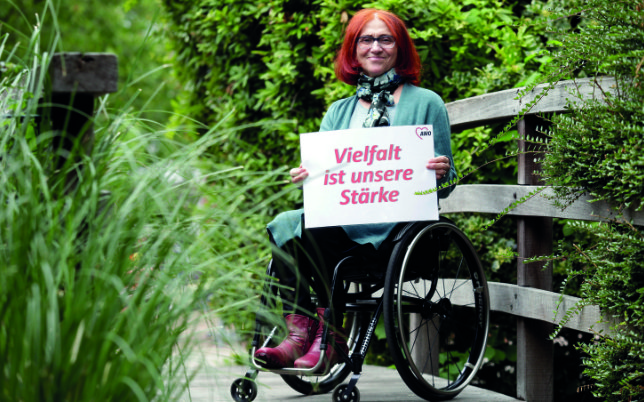The future is inclusive!
Arbeiterwohlfahrt (AWO) is committed to inclusion and diversity
What kind of society do we want to live in and what role do we, as a workers‘ welfare organization, take on with our values? Inclusion as a guiding principle gives us a comprehensive opportunity for reflection and further development, both as a welfare organization and service provider and in our advocacy role for people with support needs in our society. “The AWO considers inclusion and diversity to be a human rights principle that applies to everyone: children and young people, older people, people with disabilities or migrant backgrounds and people in precarious situations,” explains AWO Managing Director Gudrun Wischnewski.
Accessibility in all aspects of life is a basis for independence and self-determination. Barriers are obstacles. They prevent, hinder or inhibit the pursuit of an aspiration, an intention or a desire. The barrier-free design of e.g. rooms, buildings, communication, language, technical and other (assistive) aids is an important prerequisite for improving the quality of life of people with disabilities in particular. However, accessibility goes far beyond visible barriers and also includes invisible obstacles caused by attitudes or cultural characteristics.
The term inclusion has increasingly become the focus of public attention in recent years. This is not surprising, as over ten million people with disabilities are living in Germany alone. However, inclusion does not only affect people with disabilities, but all of us: „When we talk about inclusion, we are talking about an issue that affects society as a whole and in which we must all participate,“ emphasizes AWO division manager Admir Bulic and adds: „Inclusion is nothing less than a fundamental human right.“
In most cases, it is not disabilities themselves that exclude the people affected – it is the way society deals with them. Exclusion and discrimination are the result of a lack of awareness and are evidence of a lack of communication with those affected. The experiences of people with disabilities are essential for democratic coexistence: „Democracy thrives on diversity and exchange. Diverse perspectives are necessary for positive social development,“ says Gudrun Wischnewski. One of AWO’s key concerns is to enable independent and self-determined participation for all citizens.
Inclusion is a key issue in the field of social work. It is therefore particularly important to the AWO to take into account the different realities of life for people with disabilities and to create a variety of support services and measures. After all, there is no standardized template that fits the needs of all people with disabilities. Whether it is quick and unbureaucratic immediate help, multilingual advice or accessible neighbourhood centres within walking distance – the AWO offers a wide range of different services for all target groups.
If the urgency for inclusion and tolerant coexistence is taken seriously, services that are low-threshold and barrier-free must be expanded unconditionally. This applies in particular to meeting opportunities where people come into contact with each other who have no points of contact in normal life: „Open interest and an appreciative exchange create a foundation for solidarity and show that everyone has a story to tell that is worth listening to,“ says Bulic.
Since 2009, the AWO has been committed to implementing the requirements of the UN Convention on the Rights of Persons with Disabilities. „People with disabilities must be protected from discrimination and exclusion. „This is especially true when other factors – such as poverty, gender, age, language or origin – make access to support services more difficult,“ Bulic emphasizes. After all, rights such as freedom, self-determination and human dignity are simply not negotiable.
As the biographies in this booklet show, it is particularly important to enter into a dialogue with those affected. „Decisions and discussions about the situation of people with disabilities in Germany must not be made over our heads. We want and need to be involved in these processes,“ says Bedia Torun, AWO employee and longtime member of the Federal Association for People with Physical and Multiple Disabilities (bvkm).
Inclusion is not just about installing a few ramps; it is a conviction – and as such it starts in the mind. The reality of life for people with disabilities must never be just a half-hearted afterthought. Inclusive measures must be just as diverse as the people who are supposed to use them. Some of these people tell their individual stories on the following pages and share their valuable perspectives with us. One thing is already clear: inclusion requires a process that involves society as a whole that will shape the way we live together now and in the future.

